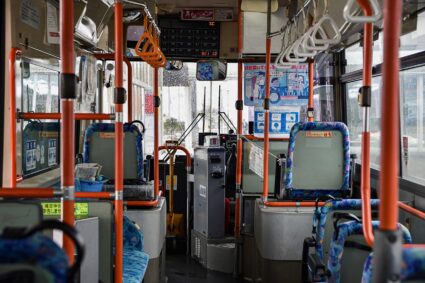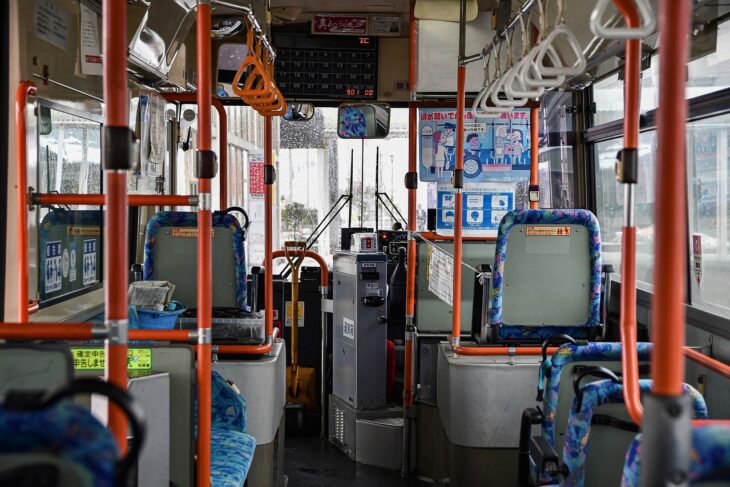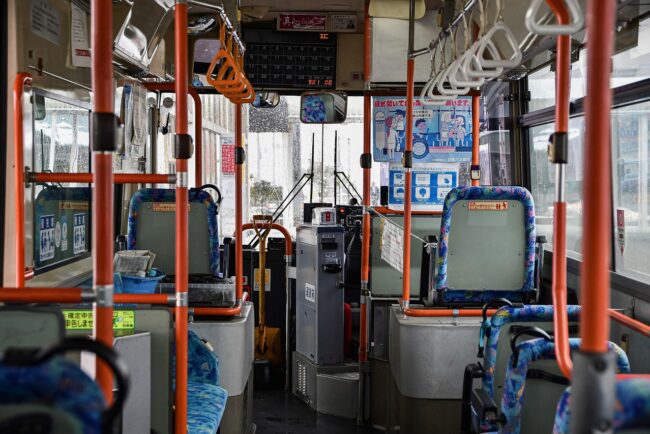
South Africa president Ramaphosa decision to campaign directly on the streets of Philippi demonstrates a commitment to engaging with communities firsthand and understanding their concerns. Philippi, like many other townships in South Africa, faces significant challenges, particularly concerning safety and security. The juxtaposition between the president’s presence and the residents’ yearning for the safety he enjoys highlights the stark inequalities and persistent issues of crime and violence in the area.
For the residents of Philippi, who grapple daily with the threat of crime and violence, seeing their president campaigning in their neighborhood may offer a glimmer of hope and a sense of validation for their struggles. However, it also serves as a poignant reminder of the stark disparities in safety and security between different parts of society.

President Ramaphosa’s decision to campaign in Philippi sends a powerful message of solidarity and acknowledgment of the issues faced by marginalized communities. It also underscores the importance of addressing systemic challenges such as poverty, unemployment, and inequality, which are often at the root of crime and violence in townships like Philippi.
As the campaign unfolds, it will be crucial for political leaders not only to listen to the concerns of residents but also to present tangible solutions and commitments to address the underlying issues contributing to insecurity. Only through concerted efforts to tackle the root causes of crime and violence can South Africa move towards a future where all its citizens can enjoy the safety and security they deserve.
As the elections draw nearer, the African National Congress (ANC) continues to push forward with its campaign efforts. The ANC, as the ruling party of South Africa, faces a critical moment in its history as it seeks to maintain its position of power amid various challenges and growing public dissatisfaction.
For the ANC, this campaign represents an opportunity to reaffirm its policies, values, and vision for the country. It’s a chance to engage with voters, particularly in key constituencies, and to showcase its achievements while addressing concerns and criticisms head-on.
However, the ANC also faces significant obstacles. The party has been plagued by allegations of corruption and mismanagement, which have eroded public trust and damaged its reputation. These issues are likely to feature prominently in the campaign, with opposition parties and civil society groups scrutinizing the ANC’s record and calling for accountability.
In addition to internal challenges, the ANC must also navigate a shifting political landscape marked by increasing competition from other parties, particularly on issues such as governance, service delivery, and economic reform.
As the ANC intensifies its campaign efforts, it will need to strike a delicate balance between defending its record, articulating a compelling vision for the future, and demonstrating a genuine commitment to addressing the needs and aspirations of all South Africans.
Ultimately, the outcome of the elections will hinge on the ANC’s ability to convince voters that it remains the best choice to lead the country forward, despite the challenges it faces and the criticisms leveled against it.




















